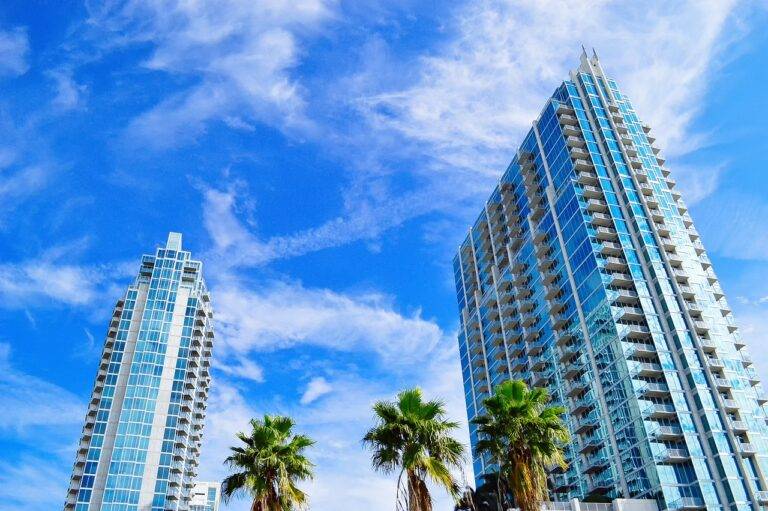Mindful Transportation Solutions: Promoting Active and Sustainable Modes of Travel
Active transportation, such as walking and cycling, offers numerous benefits that not only contribute to individual health but also have significant positive impacts on the environment. By choosing to walk or cycle instead of driving, individuals can reduce air pollution and greenhouse gas emissions, leading to cleaner air and a healthier planet. Encouraging active transportation can also help alleviate traffic congestion, leading to smoother traffic flow and reduced stress for both commuters and pedestrians. Furthermore, incorporating physical activity into daily routines through walking or cycling can improve overall fitness levels and support weight management, promoting a healthier lifestyle for individuals.
Encouraging Walking and Cycling
Walking and cycling are not only great forms of physical exercise but also eco-friendly modes of transportation. By encouraging more individuals to choose these modes of travel, we can reduce air pollution and congestion on our roads. Additionally, walking and cycling promote a sense of community and connectedness among individuals who choose to commute in this manner.
Furthermore, governments and urban planners can play a crucial role in promoting walking and cycling by investing in infrastructure that supports these modes of transportation. This can include creating dedicated bike lanes, pedestrian-friendly pathways, and safe crossings to encourage more people to choose walking and cycling as viable options for commuting. Ultimately, by prioritizing and encouraging walking and cycling, we can create healthier, more sustainable, and vibrant communities for all.
Promoting Public Transportation
Public transportation plays a vital role in reducing traffic congestion and lowering carbon emissions. By utilizing buses, trains, and subways, individuals contribute to a more sustainable environment while also experiencing cost savings compared to private vehicle ownership. Public transportation networks enable smoother commuting experiences and foster a sense of community among riders.
Efforts to enhance public transportation infrastructure result in improved accessibility for all residents, including those who may not have access to private vehicles. Additionally, the promotion of public transportation services can lead to decreased reliance on personal cars, thus alleviating parking shortages and enhancing urban mobility. Embracing public transportation not only benefits the environment but also leads to a more interconnected and efficient society.





